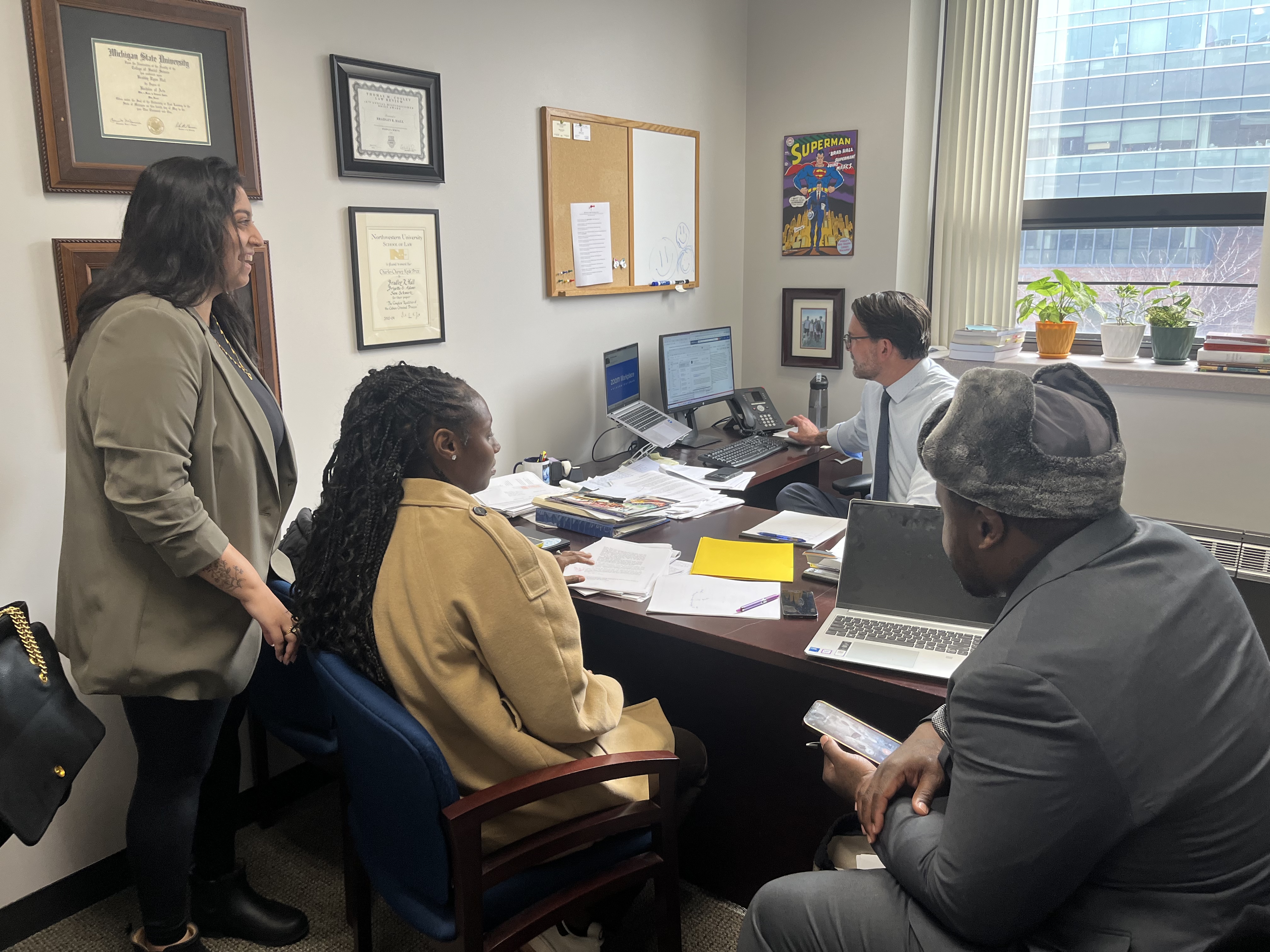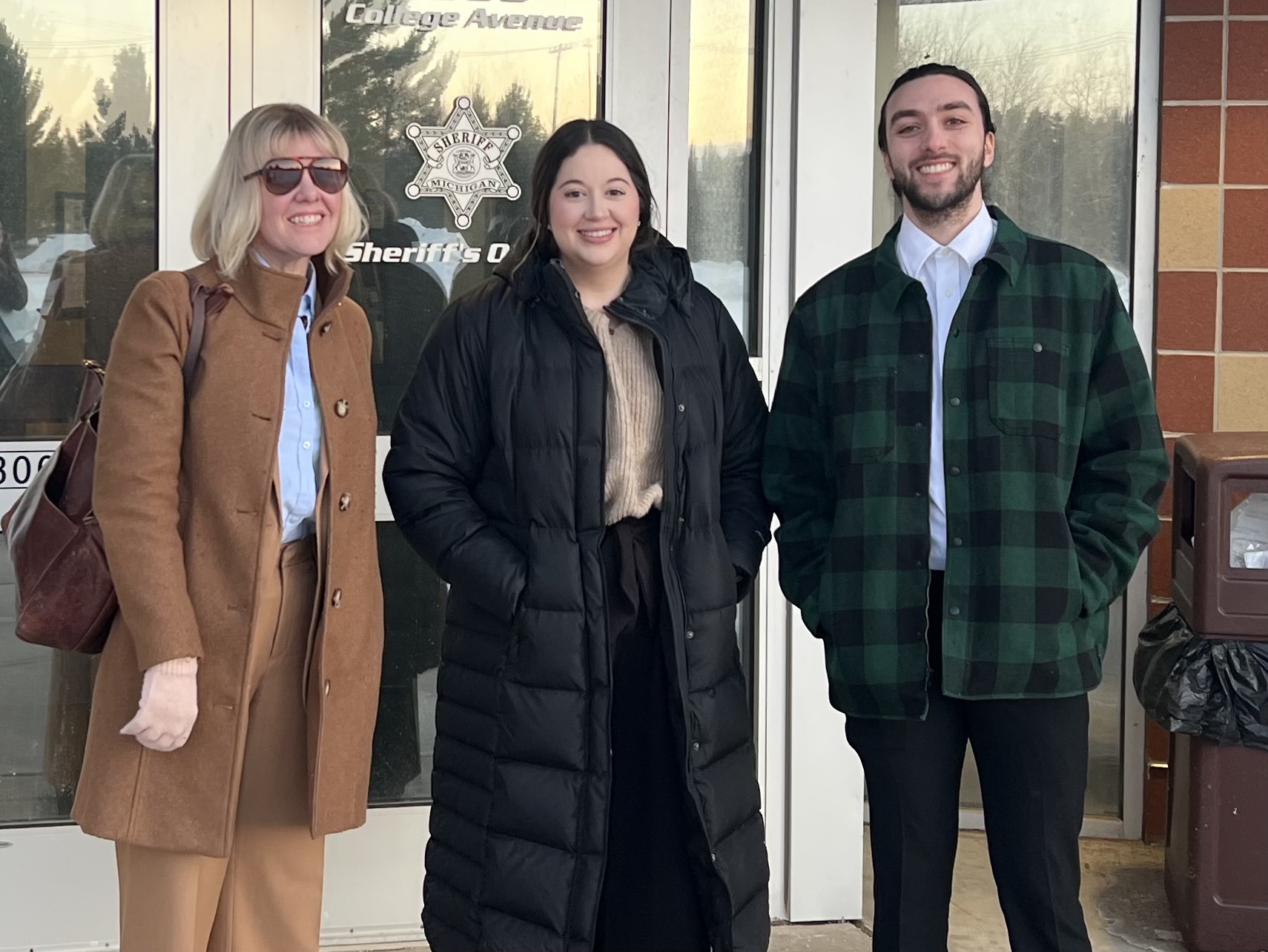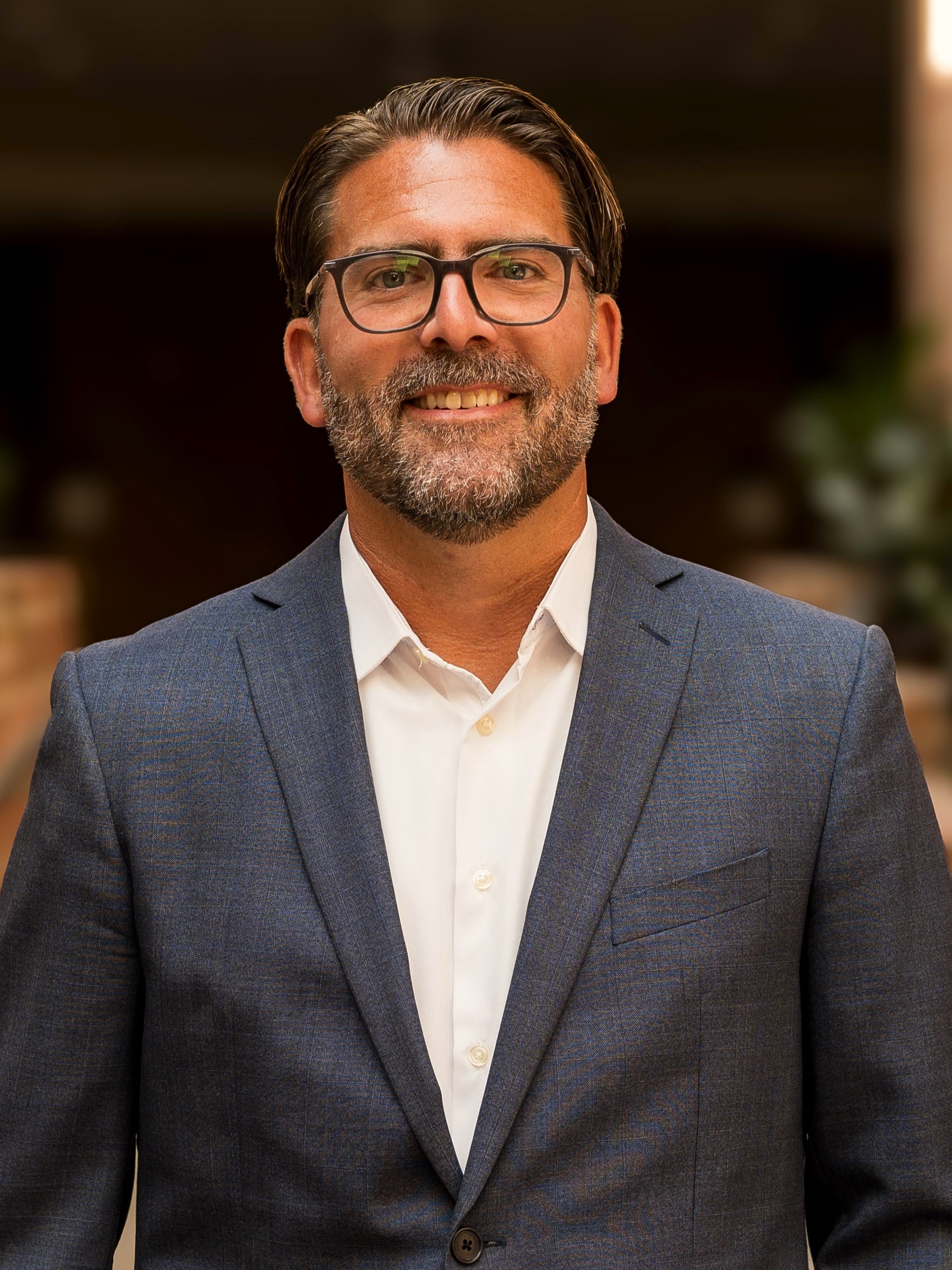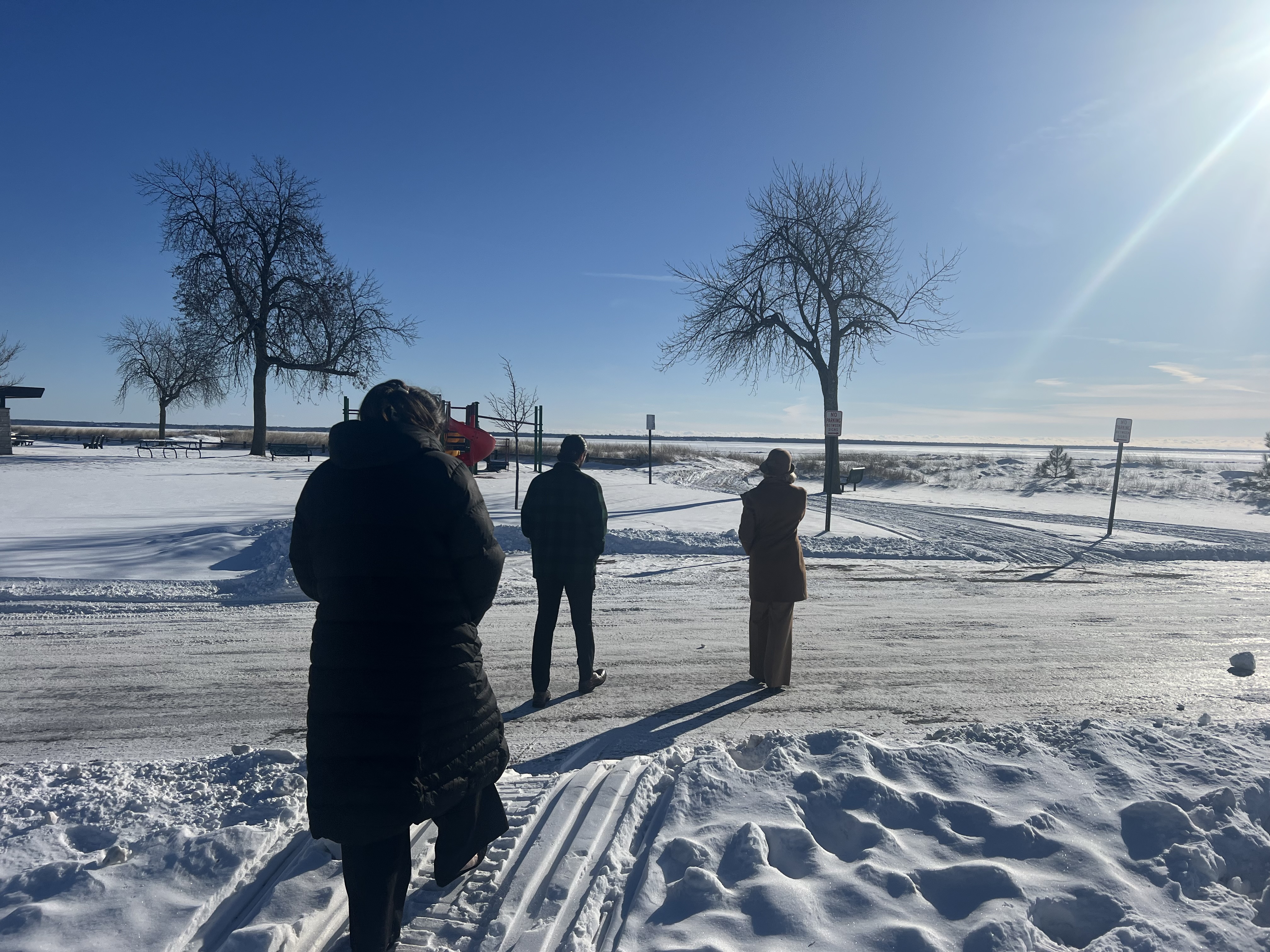Bradley R. Hall is interim director of the Public Defender Clinic, MSU College of Law’s newest clinic.
Over the past decade, Michigan has transformed its indigent defense system, with dozens of new public defender offices, higher performance standards, better training and support and fair pay for public defenders. After recently ranking near the bottom of all states for indigent defense funding, Michigan has become a national model for innovative reform. We all should be proud.
But some aspects of the system have struggled to keep pace with such drastic change. One is the need for highly qualified and conscientious public defenders, including law school graduates with the skills and passion for this challenging work. Another is an urgent need for qualified legal representation in a specific type of indigent criminal case: pre-conviction appeals, which are growing in number as trial public defenders put up more of a fight yet sometimes fall beyond the capacity or expertise of those lawyers.

These are some of the dynamics that led MSU College of Law to launch a new Public Defender Clinic, a unique collaborative effort with public defenders all around the state. It is already proving to be a great success.
In the clinic’s first semester of operation, I taught and supervised an inspiring group of students as they put their legal education into practice, representing indigent individuals — people who cannot afford an attorney — facing charges from drug possession to murder. Our travels stretched from Detroit to Escanaba and many places in between. The students visited state prisons, county jails, halfway houses, public defender offices, small rural law practices and bustling urban firms. They met personally with clients to hear their stories and understand their needs. They strategized with trial public defenders and learned about the dynamics of different courts. They saw crime scenes and spoke with witnesses and families. They reviewed lengthy records and researched the law. They wrote outstanding appellate briefs focused on complex legal issues. And they are now presenting oral arguments in the Michigan Court of Appeals, facing intense questioning from judges.
It is a far cry from the classroom — and that is the point. Clinic students are getting an unparalleled experiential education while helping provide our clients with a level of legal representation that might otherwise have been unavailable.
Just as our first semester was wrapping up, we received our first court opinion. Our client was arrested for a driving infraction in Georgia and questioned about a crime in Flint. He repeatedly asked for a lawyer, but police kept interrogating him until he eventually made statements. His public defender filed a motion to suppress the statements, but the trial judge denied that motion.

Our clinic then teamed up with the Genesee County Public Defender Office for the appeal and students wrote an exceptional brief arguing that the police violated our client’s constitutional rights. In a unanimous published opinion, the Michigan Court of Appeals agreed and reversed the lower court, adopting the students’ argument that police ignored “the quintessential language” one would expect from an individual who wishes to stop an interrogation and speak with a lawyer. It was a gratifying win for the law students, the clinic and most importantly our client. And by helping ensure a fair trial before it takes place, it was also a success for Michigan’s criminal legal system.

